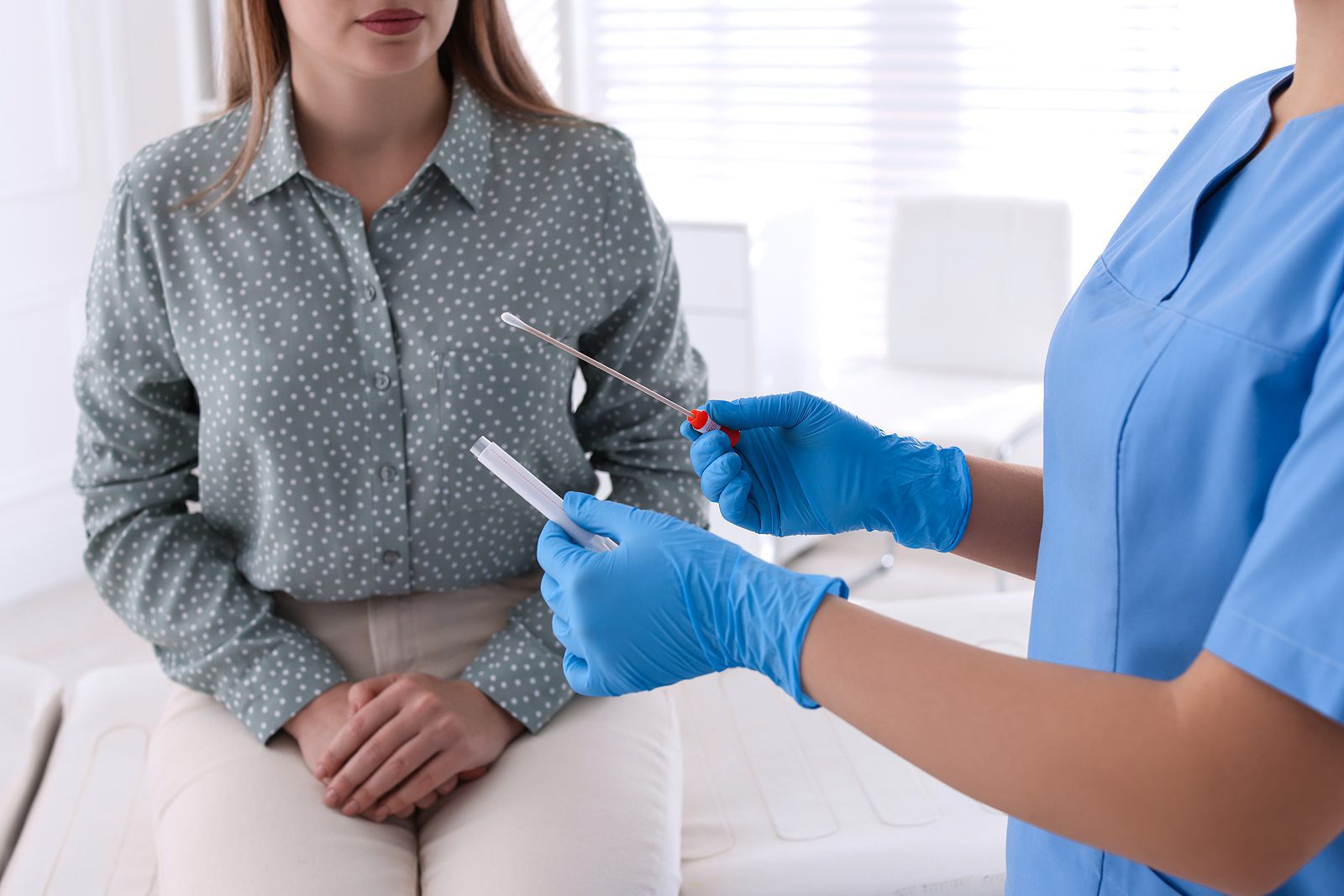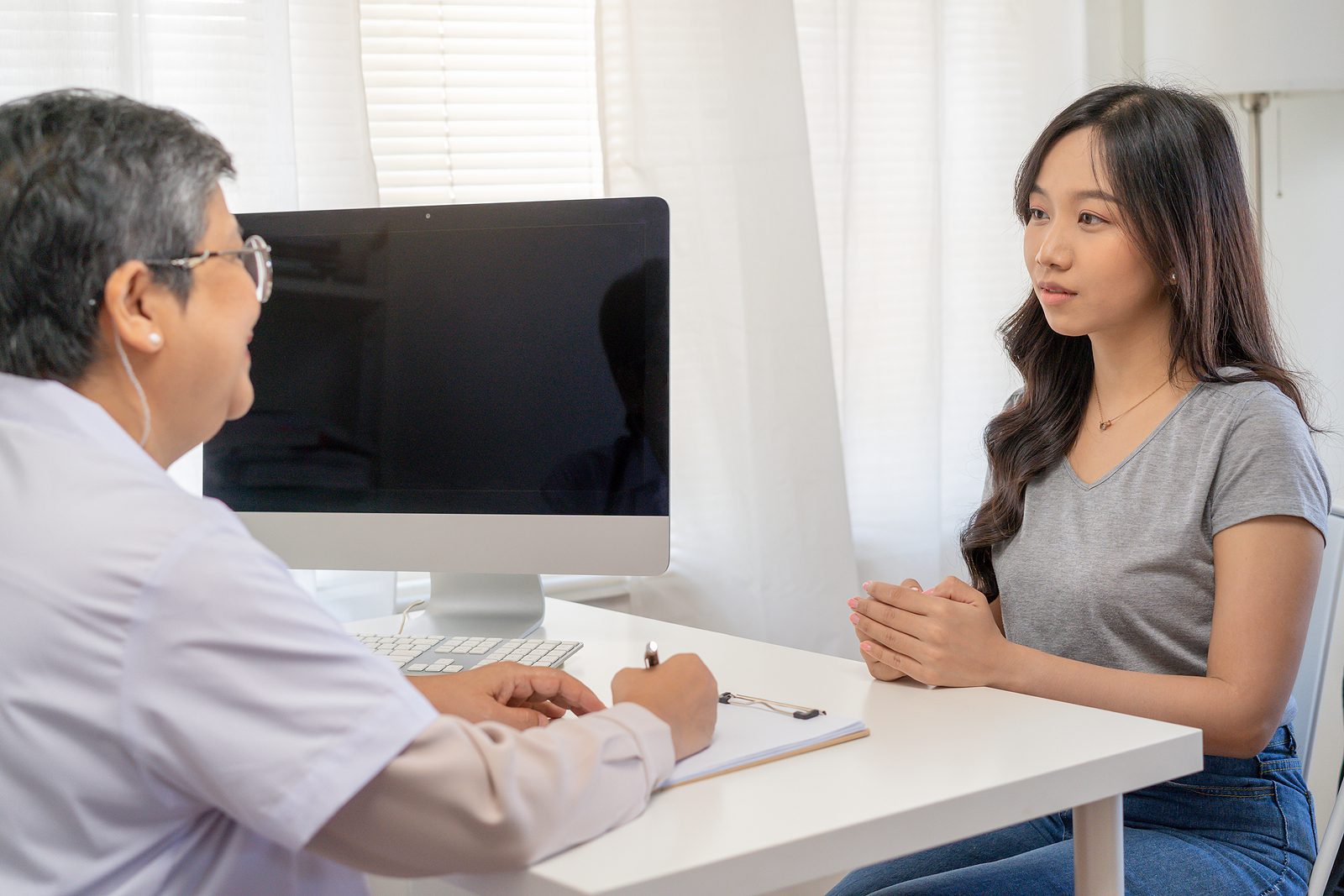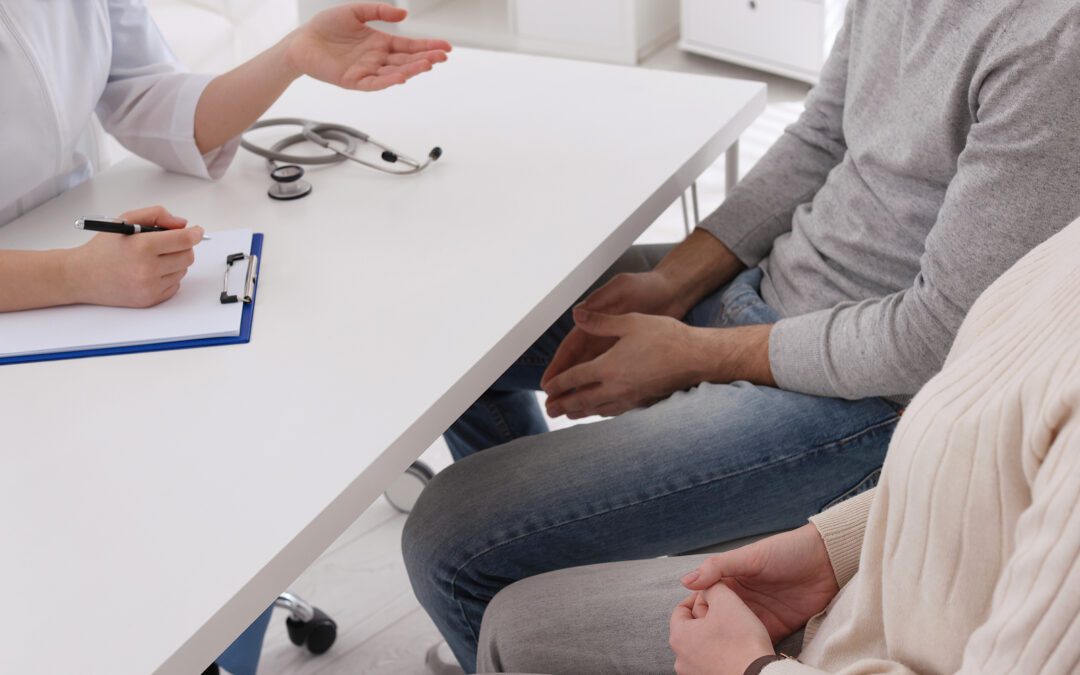If you’re experiencing an unexpected pregnancy, getting tested for STDs might be the last thing on your mind. However, one of the most important things you can do to protect your health when pregnant or sexually active is to be tested for sexually transmitted diseases (STDs). This is especially true if you are considering having an abortion.
STDs, also referred to as STIs (sexually transmitted infections), are common, especially if you have had sex with multiple partners. Many STDs do not show symptoms, but some can be treated if caught early on. It’s important to get tested for STDs regularly.
Do I need to get tested for STDs if I’m pregnant?
How common are STDs?
In the U.S. alone there are about 20 million new cases of STDs each year. 50% of those cases are among people ages 15-25. Yet, only 20% of young people report being tested within the last year.
1 in 5 people in the U.S. have a sexually transmitted disease.
Why is getting tested important?
Getting tested for STDs is not only important for your health, but also for the health of your sexual partner(s).
Untreated bacterial STDs can lead to infertility, chronic pelvic pain, an increased risk for an ectopic pregnancy, and cervical cancer.
Untreated STDs in pregnant women can lead to miscarriages, low birth weight, premature births, infertility, and other health complications for both the woman and fetus.

Having an abortion while infected with an STD can cause the infection to spread to other parts of the body and potentially cause sepsis and septic shock.
Since many STDs show no symptoms, the best way to know if you have one is to get tested.
Do I need to be tested for STDs?
If you are pregnant, thinking about an abortion, or sexually active (especially if you have had more than one partner) you need to be tested for STDs. This includes vaginal, oral, and anal sex.
If you are not currently sexually active but have been in the past, it’s a good idea to get tested to be sure you don’t have any dormant STDs.
If you regularly visit a healthcare provider and receive a Pelvic exam or Pap smear, don’t assume they have checked you for STDs. If you need to be tested for STDs, make sure to vocalize your needs and any specific testing you think you might need.
What STDs should I be tested for?

How often you should be tested for STDs depends on your age, sexual activity, and other risk factors.
If you are sexually active you should get tested for a broad range of STDs each time you change sexual partners, or if your partner has had sexual contact with another person. If you have multiple or anonymous sexual partners, you should be tested more frequently (every 3 to 6 months).
All pregnant women should be tested early in pregnancy for:
- Syphilis
- HIV
- Hepatitis B
- Hepatitis C
- Chlamydia
- Gonorrhea
Yearly screening for common STDs (like chlamydia and gonorrhea) is recommended if:
- You are under 25 and sexually active
- You are older than 25 and are having sex with a new partner or multiple partners
- You or your partner have HIV
- You have been forced to have intercourse or engage in sexual activity without consent]
Having an abortion while infected with chlamydia or gonorrhea (two of the most common STDs) can lead to Pelvic Inflammatory Disease (PID). PID can cause lifelong damage to your reproductive organs and lead to future ectopic pregnancies or infertility.
I think I might have STD symptoms, what do I do?
If you suspect you may have an STD, or you haven’t been tested recently, get tested as soon as possible. STDs caught early on are generally more easily treatable. If you have an STD it is important to start treatment as soon as possible.
Common symptoms of STDs:
- Sores or bumps on the genitals or in the oral or rectal area
- Painful or burning urination
- Unusual or odorous vaginal discharge
- Unusual vaginal bleeding
- Pain during sex
- Sore, swollen lymph nodes, particularly in the groin but sometimes more widespread
- Lower abdominal pain
- Fever
- Rash over the trunk, hands or feet
It’s important to remember that many STDs do not present symptoms. If you are sexually active, pregnant, or considering an abortion you need to get tested.
How can I prevent STDs?
Using condoms or other barrier methods can reduce your risk of STDs but does not protect you completely. The only sure way to fully protect yourself is to abstain from having sex until you are in a committed, marital relationship with an uninfected person.
Can I get an STD if I’m not sexually active?
Yes, you can get an STD without having sex. Because some STDs, like herpes and HPV, are transmitted by intimate genital contact, you don’t have to have vaginal intercourse to contract an STD.
How much does STD testing cost?
STD testing ranges in price depending on where you live, what clinic you go to, what STD you’re screening for, and whether your insurance covers it.
At Parkville Women’s Clinic, we offer free STD/STI testing and treatment for two of the most common infections: Gonorrhea and Chlamydia. We can also provide testing and treatment for your partner, if you test positive. Results are 99% accurate and 100% confidential. We do refer for other STD testing. Contact us to see what testing might be best for you and schedule an appointment.

Where can I find STD testing near me?
If you think you need to be tested for STDs, a great place to start is at Parkville Women’s Clinic. We offer a non-judgmental space for you to ask our licensed medical professionals any questions you might have. All test results and treatments remain confidential. We care about you and your health.
Contact us to schedule an appointment and get free STD testing today.


Recent Comments